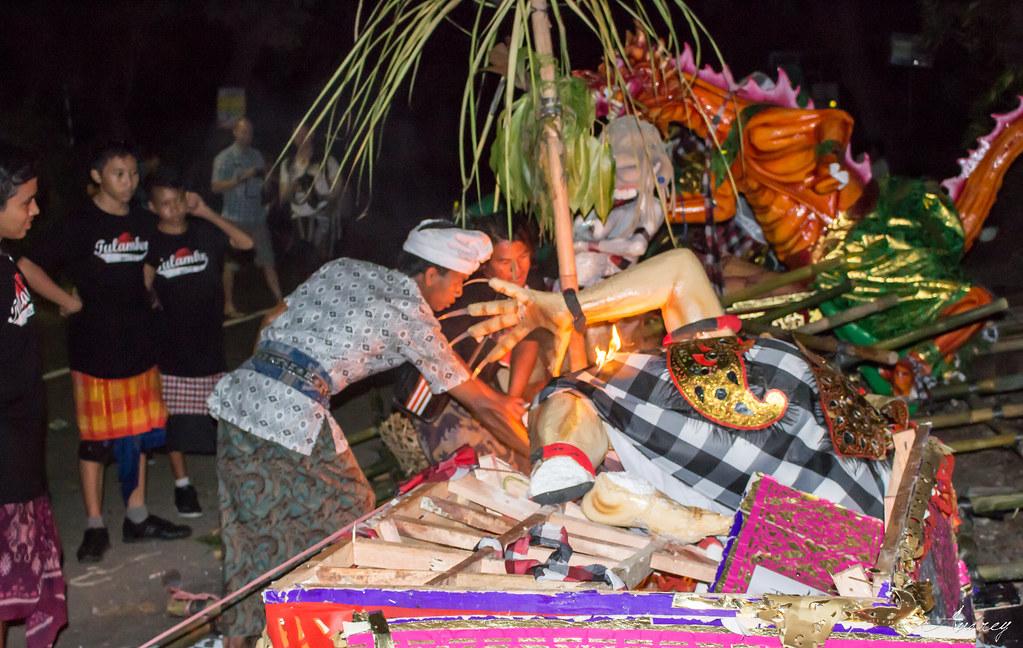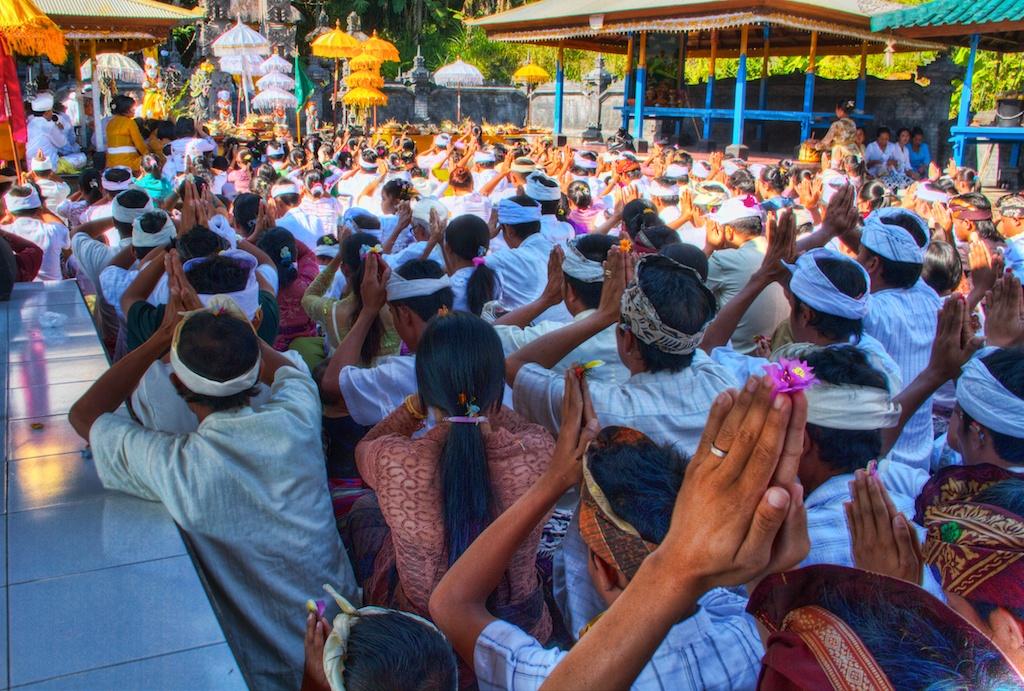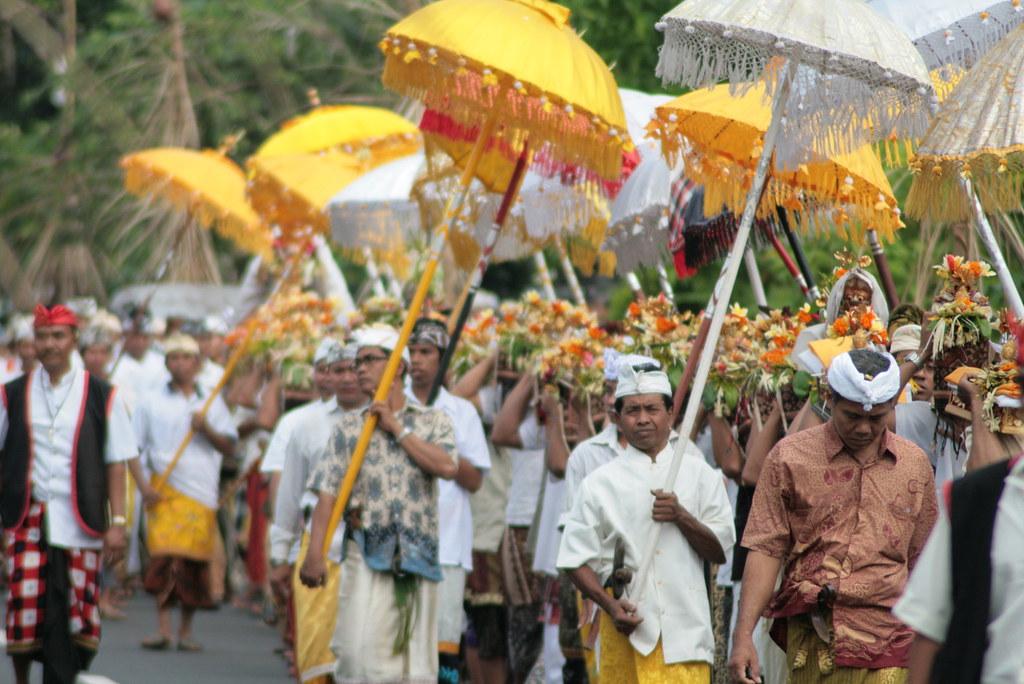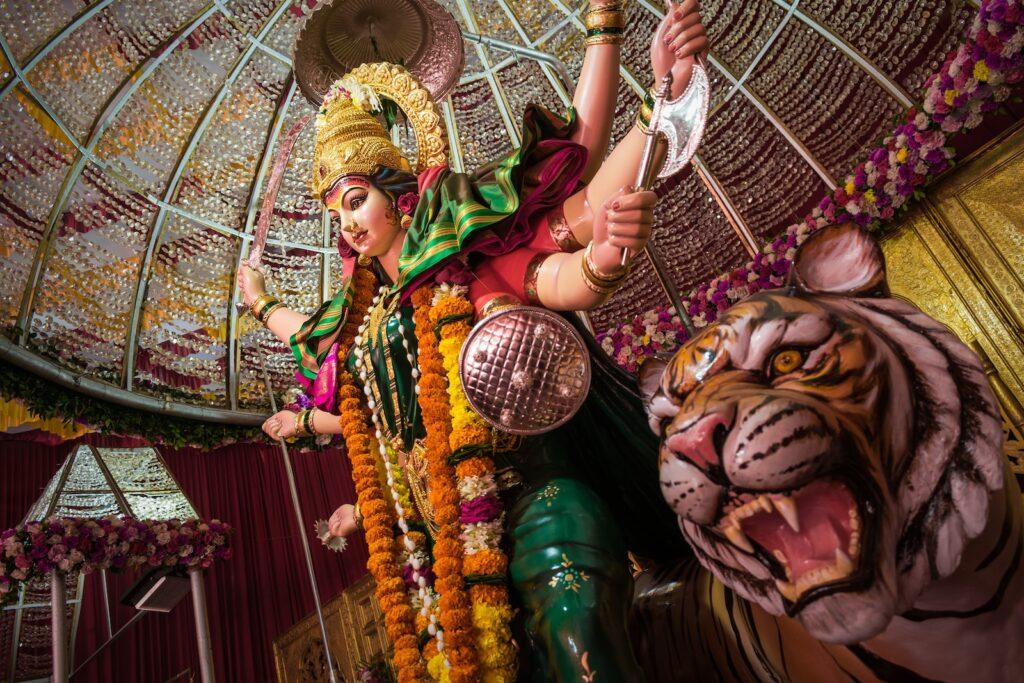At the heart of Balinese culture are its festivals and celebrations, which play a pivotal role in shaping the island’s identity and fostering a sense of community.
Importance of Festivals in Bali: Festivals in Bali are far more than mere social gatherings or religious rituals—they are a way of life. These celebrations hold immense significance in the lives of Balinese people and are deeply rooted in their spiritual beliefs. They serve as a means of honoring the divine, paying homage to ancestors, and maintaining the harmony between the physical and spiritual realms.
Diversity and Cultural Richness: What truly sets Bali apart is the sheer diversity and cultural richness of its festivals. From elaborate temple ceremonies to exuberant processions, each festival carries its own unique customs, stories, and art forms. Whether you’re a traveler seeking an immersive cultural experience or a local Balinese, these festivals offer a captivating journey into the island’s soul.
In the following sections, we will delve into the calendar of Bali’s festivals, providing you with a comprehensive list of these remarkable celebrations along with their respective dates and the historical insights that make them an integral part of Bali’s cultural tapestry. Join us on this enchanting voyage through the festivities of Bali, where tradition, spirituality, and artistry converge to create moments of profound significance and sheer joy.
The major Bali festivals and holidays
Nyepi – Balinese New Year

When: Usually in March (dates vary each year based on the Balinese calendar)
Description: A day of complete silence, fasting, and meditation to welcome the new year. It involves a unique tradition of staying indoors and keeping lights off.
Origins and Legends
Nyepi finds its roots in ancient Hindu mythology, specifically the legend of King Kanishka and the advice of a sage named Upamanyu. The day of silence symbolizes self-reflection and purification, allowing individuals to start anew.
Rituals and Customs
On Nyepi, Balinese Hindus abstain from speaking, eating, working, or any form of entertainment. The island shuts down, and even the airport ceases operations.
Evolution
Nyepi has evolved into a unique cultural phenomenon, embracing aspects of modernity while preserving its spiritual essence. It also serves as an opportunity for environmental conservation and sustainability.
Galungan

When: Every 210 days (based on the Balinese Pawukon calendar)
Description: A Hindu festival celebrating the victory of dharma (good) over adharma (evil). It involves elaborate family gatherings, offerings, and the erection of penjor (decorated bamboo poles).
Origins and Legends
Galungan commemorates the victory of dharma (good) over adharma (evil) and the return of ancestral spirits to Earth. The central legend involves the battle between the divine forces and the demon king, Mayadenawa.
Rituals and Customs
Families make ornate offerings called “banten” and erect penjor, bamboo poles beautifully adorned with coconut leaves, rice, and other symbolic items.
Evolution
While Galungan’s core rituals remain intact, the festival has adapted to contemporary life with creative penjor designs and communal gatherings that blend tradition with modernity.
Kuningan

When: 10 days after Galungan
Description: Marks the end of the Galungan celebration. Families pay respects to their ancestors and offer special prayers and offerings.
Origins and Legends
Kuningan marks the end of the Galungan festivities. It is believed that on this day, ancestral spirits return to the heavens. The color yellow (kuningan) plays a significant role in offerings.
Rituals and Customs
Balinese families hold special ceremonies and offer yellow rice and other symbolic offerings to honor their ancestors.
Evolution
Kuningan’s essence remains consistent, reflecting Bali’s enduring connection to its ancestral roots.
Saraswati

When: Every 210 days (based on the Balinese Pawukon calendar)
Description: Honors Saraswati, the goddess of knowledge, music, and arts. Special prayers are held at temples and educational institutions.
Origins and Legends
Saraswati, the goddess of knowledge and arts, is celebrated on this day. It represents the importance of education and cultural enrichment.
Rituals and Customs
Balinese Hindus visit temples, conduct special prayers, and honor books and knowledge-related items.
Evolution
Saraswati continues to emphasize the value of education and creativity in modern Bali.
Pagerwesi
When: Four days after Saraswati
Description: A day to strengthen one’s spiritual defenses. It is believed that evil spirits become active again after Saraswati, so people pray for protection.
Origins and Legends
Pagerwesi is dedicated to strengthening spiritual defenses. It comes four days after Saraswati, signifying the protection of wisdom from negative influences.
Rituals and Customs
Balinese Hindus engage in prayers and offer special blessings for protection.
Evolution
The festival’s core purpose remains consistent, with contemporary Balinese emphasizing the importance of spiritual fortification.
Tumpek Landep

When: Every 210 days (based on the Balinese Pawukon calendar)
Description: A day dedicated to blessing and giving thanks for metal objects, particularly vehicles and machinery.
Tumpek Uduh
When: Every 210 days (based on the Balinese Pawukon calendar)
Description: A day for blessing plants, especially those used for religious purposes or as offerings.
Tumpek Kandang
When: Every 210 days (based on the Balinese Pawukon calendar)
Description: A day to honor and bless domesticated animals, especially those used for farming or as pets.
Tumpek Krulut
Date: Every 210 days (based on the Balinese Pawukon calendar)
Description: A day for blessing musical instruments and various forms of traditional and modern entertainment.
Bali Arts Festival
When: June to July (month-long event)
Description: Celebrates Bali’s artistic and cultural heritage with various performances, exhibitions, and cultural activities.
Ubud Writers & Readers Festival
Date: October (annual event)
Description: An international literary festival featuring renowned authors, thinkers, and artists discussing literature and arts.
Please note that the exact dates for festivals may vary each year, as they are based on the Balinese calendar, which is a lunar calendar. Additionally, there are many other smaller local festivals and temple celebrations that take place throughout the year in Bali, making it a culturally rich and vibrant destination.









